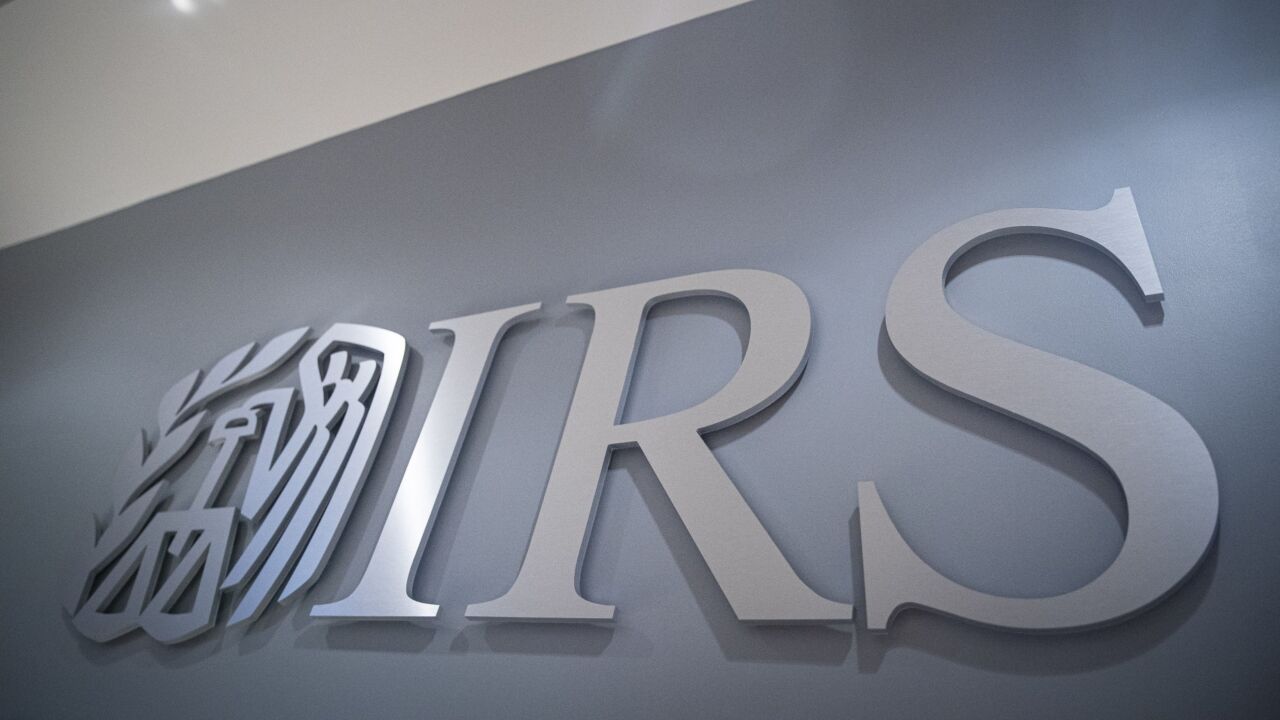Accounting and finance staffing company Robert Half Management Resources offered advice for companies to position themselves to take advantage of a future economic recovery.
The economy will eventually bounce back, and businesses must be adequately prepared or risk losing ground to competitors, said executive director Paul McDonald.
He advises that instead of waiting for an official end to the recession, companies should start now to analyze every aspect of their business and determine how prepared they are to respond to improving business conditions. This is particularly true for firms that made staff cutbacks.
Robert Half offers the following checklist for determining if your business, or your clients, is recovery-ready.
1. Keep reassessing budgets. Financial staff must be prepared to continually modify budgets to reflect progress or setbacks. Those companies that fully leverage the expertise of financial, budget, treasury or cost analysts will be better positioned to capitalize on improving conditions.
2. Evaluate your bench strength. Some firms are realizing they have cut staff too deeply in response to the economic downturn. This can be an ideal time for a talent upgrade as many highly skilled financial professionals are in the job market. Companies that are reluctant to add employees can still prepare for the future by engaging temporary or project professionals to fill potential skills gaps.
3. Revisit compliance requirements. Companies should be prepared to evaluate financial reporting competencies, information technology controls, risk assessment procedures and documentation. Businesses that encourage cross-departmental cooperation and collaboration with outside advisors are in a better position to effectively address corporate governance issues that may impact their businesses. Smaller public companies should assess their ability to comply with the auditor attestation requirement of Section 404 of the Sarbanes-Oxley Act.
4. Anticipate next-generation financial reporting. The U.S. Securities and Exchange Commission has mandated that public companies report their financials using Extensible Business Reporting Language, or XBRL, an interactive data format, by 2011. In addition, while the timetable for convergence between International Financial Reporting Standards and U.S. GAAP is uncertain, proactive firms are already offering education and training to help staff better understand these initiatives and plan for eventual implementation.
5. Invest in your people. Organizations that scaled back on training and development in recent months should consider reinstituting these initiatives. Firms that invest in staff training better prepare their teams for new business opportunities. Professional development also boosts employee job satisfaction.
6. Upgrade IT systems. Outdated financial systems can impair a businesss ability to compete, but conversions take time and resources. Companies that are planning systems upgrades should ensure they have the budget and staffing resources to manage the implementation.
7. Prepare for new products and services. For companies that are considering new product or service launches, this is the time to ensure that the new offering can be introduced quickly when the economy rebounds. Cost accountants, financial analysts and others who can ensure business projections are sound can positively impact the success of the initiative.
8. Re-recruit your best people. Dont be surprised if top performers are approached with other offers once the economy turns around. A best defense is a good offense: Managers should meet with their best people now to discuss their careers and remind them how much their contributions are valued.





